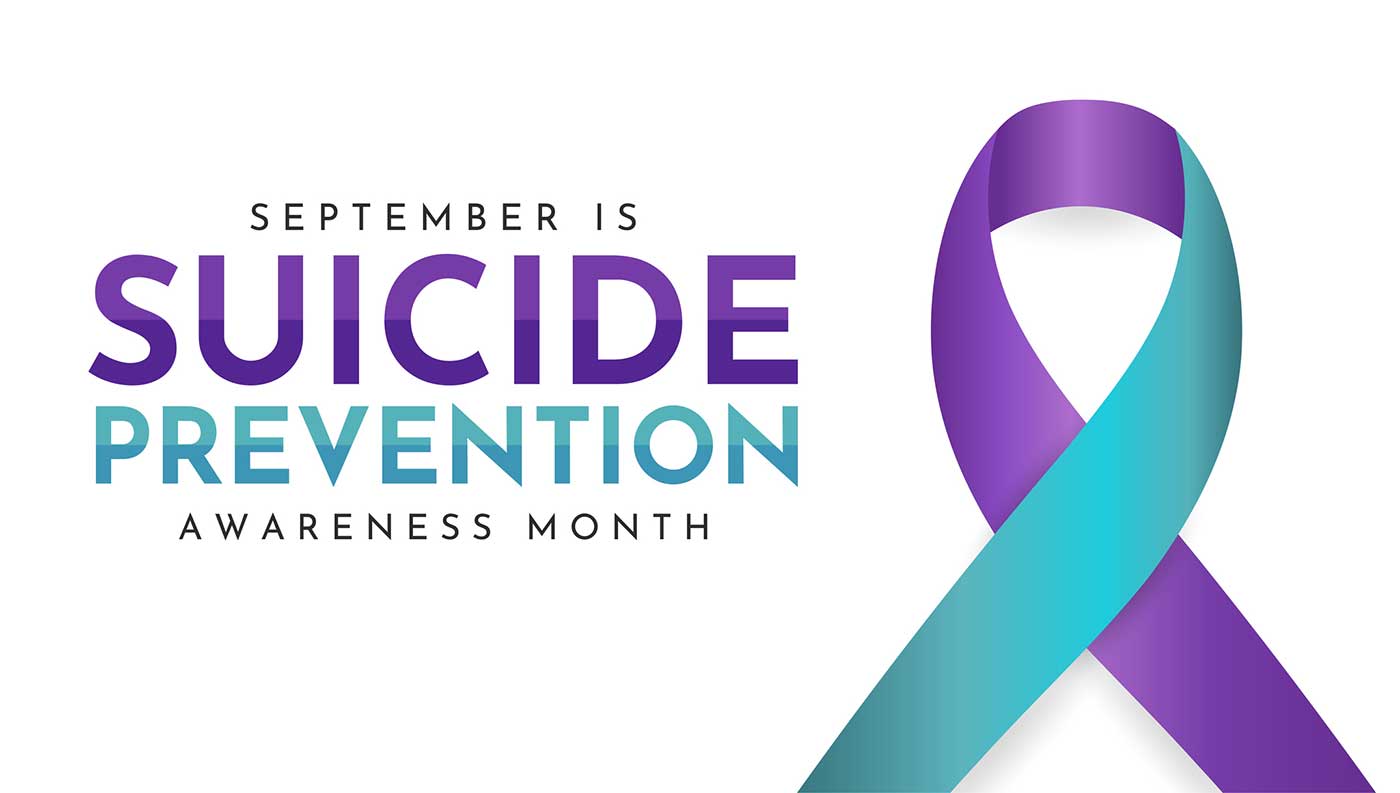As a healthcare professional, you’re no stranger to stress, long hours, and the emotional toll of caring for others. But what happens when you notice a colleague who seems to be struggling? Addressing concerns about a coworker’s mental health is challenging – but crucial. Here’s a guide to approaching these sensitive conversations, including several scripts to help you navigate them.
1. Recognize the Signs
Before approaching a colleague, ensure that you’re not jumping to conclusions. Look for consistent changes in behavior, such as:
- Withdrawal from social interactions
- Increased irritability or mood swings
- Decreased performance or attention to detail
2. Choose the Right Time and Place
Timing and setting are crucial. Select a private and comfortable environment where your colleague feels safe and more open to conversation. Avoid bringing up your concerns during stressful or busy times, like during a shift or in a public area.
3. Approach with Empathy and Concern
When initiating the conversation, your tone should convey empathy. Begin by expressing your care for their well-being and your observations in a non-accusatory way.
Script: “Hi [Colleague’s Name], I wanted to talk to you about something that’s been on my mind. I’ve noticed a few changes lately, like [mention specific behaviors or signs]. I’m concerned about you because I care about your well-being. How are you feeling ?”
4. Listen Without Judgement
After opening the conversation, give your colleague the space to talk. They might not open up immediately, but your willingness to listen without judgment can make a significant difference. If your colleague does share their struggles, respond with understanding and compassion. Resist the urge to offer solutions immediately. Sometimes, just being heard is the most valuable support you can provide.
Script:“Thank you for sharing that with me. It sounds like you’ve been dealing with a lot. I want you to know that I’m here for you, and you don’t have to go through this alone.”
5. Encourage Professional Support
While being a supportive colleague is important, professional help is often necessary. Gently suggest resources such as counseling services, employee assistance programs, or mental health professionals.
Script:“I think it might be helpful to talk to someone who specializes in this. Our employee assistance program offers free and confidential counseling, or if you prefer, I can help you find another resource. What do you think?”
6. Follow Up
Checking in after your initial conversation shows that your concern is genuine. It can be as simple as asking how they’re doing or reminding them that you’re there if they need anything.
Script: “I just wanted to check in and see how you’re feeling since we last talked. I’m still here if you ever want to chat.”
7. Responding to Crisis
Remember, you’re not a mental health professional (unless you are one). If your colleague seems to be in serious crisis or expresses suicidal thoughts, it’s vital for you to proactively involve the appropriate professionals immediately.
Talking to a colleague about their mental health can be daunting, but it’s critical to fostering a supportive and compassionate workplace. By approaching the conversation with empathy, listening without judgment, and encouraging professional support, you can positively impact your colleague’s well-being – and potentially save their life
For more information, please see the toolkit by American Medical Association: Preventing Physician Suicide.






Responses